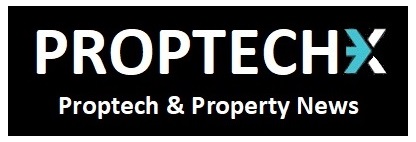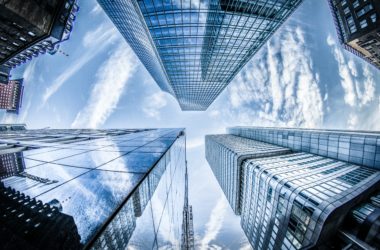Bitcoin value rises and PayPal integrate cryptocurrency
In recent months, due to soundbites from Elon Musk – which are known to have a significant effect on the markets – plus the Chinese crypto-crackdown, numerous cryptocurrencies have been languishing in the doldrums.
Now bitcoin, the mother of all cryptocurrencies, has broken the $50,000 dollar mark, a 3-month high. PayPal has also thrown its hat into the ring, launching a service for UK-based customers to buy and sell bitcoin, ethereum, litecoin and bitcoin cash.
The big question for the banking fraternity is of course the volatility of the currency, which has seen bitcoin rally and crash time and again, before rising more than 80% since the start of January 2021.
Wall Street and a lot of global wealth institutions simply do not like the erratic nature of bitcoin, but as the months go by, it is becoming evident that a decentralised currency may become a mainstream way of doing business.
Will the Government tax property classes in the autumn?
There are murmurings that the Chancellor of the Exchequer is now poring over the financial books to see where taxes can claw back some of the cash used to survive the harsh realities of the pandemic.
Many landlords fear that the Government creep towards favouring institutional landlords rather than accidental landlords who dominate the PRS could result in yet more taxation falling on their heads.
Certainly with John Lewis signalling that being a landlord on a build to rent basis, as well as Lloyds also eyeing up to 50,000 rental properties over a number of years, it does seem to show that the pendulum may be swinging a certain way.
It has always been the case that chancellors tend to give with one hand and take with the other, and whilst stimulating the property market might seem a great idea, rapid increase or decrease in property prices tend in the long term to be a detriment to all stakeholders.
It might well be a tactical game of wait and see as the furlough scheme gets rolled up and we can see the true number of businesses that have folded during the pandemic. And of course, repossessions and the 25% of mortgage borrowers who have missed at least one payment will also filter into the equation. So too will inflation, which historically has been kept in check by increasing the bank of England lending rate.
The coming months are going to be a testing time for those who own property and also for those who are tenants, as any extra taxation usually translates into higher rents for those at the bottom of the housing ecosystem.
Will the Internet of Things of the Internet of People be the future?
We have all heard the phrase Internet of Things (IoT). It is attributed to Peter T. Lewis who in the mid-1980s felt that society was fast hitting a tipping point where sensor-driven technology could form a whole ecosystem, knitted together by the internet.
Well as we race into the 2020s with smart homes and smart cities being built at pace, especially in legacy-free areas such as China, it would seem that humans are fast becoming a marginalised part of the process.
It has been calculated that in less than four years, by the end of 2025, there will be more than 21 billion IoT devices on the planet, including your smart fridge right the way through to your heating or lighting system.
The real quickener in the mix is 5G, as it scales up so too will the efficiencies it brings as data and services become turbo-charged. But, for all the technological connectivity, how connected will individuals be?
At present we have the Internet of People (IoP), where people and their devices are not just end-users, but active players of the internet. Yet isolation, mental health issues and self-identity crises loom large as we arrive at the start of our evolution into being inhabitants of this Brave New World.
Many of the themes described in Aldous Huxley’s prophetic dystopian masterwork of 1932 are coming to the fore at an alarming rate, leaving some historians and futurists on edge.
Pushing aside the ethical or real-life benefits of being cocooned in a nurtured paradise where sensor technology provides us with what we want and desire, the question of greenness is of course becoming an ever-concerning matter.
Recent analysis suggests that by the end of the decade if IoT continues to sprawl out, the amount of electricity needed to keep the whole system going will come at a substantial cost to our environment.
And now, as a fortnight of Extinction Rebellion demonstrations begin in central London, is it time to think about how people fit into the equation, and the future of our planet?
Andrew Stanton is the founder and CEO of Proptech-PR, a consultancy for Founders of Proptechs looking to grow and exit, using his influence from decades of industry experience. Separately he is a consultant to some of the biggest names in global real estate, advising on sales and acquisitions, market positioning, and operations. He is also the founder and editor of Proptech-X Proptech & Property News, where his insights, connections and detailed analysis and commentary on proptech and real estate are second to none.












